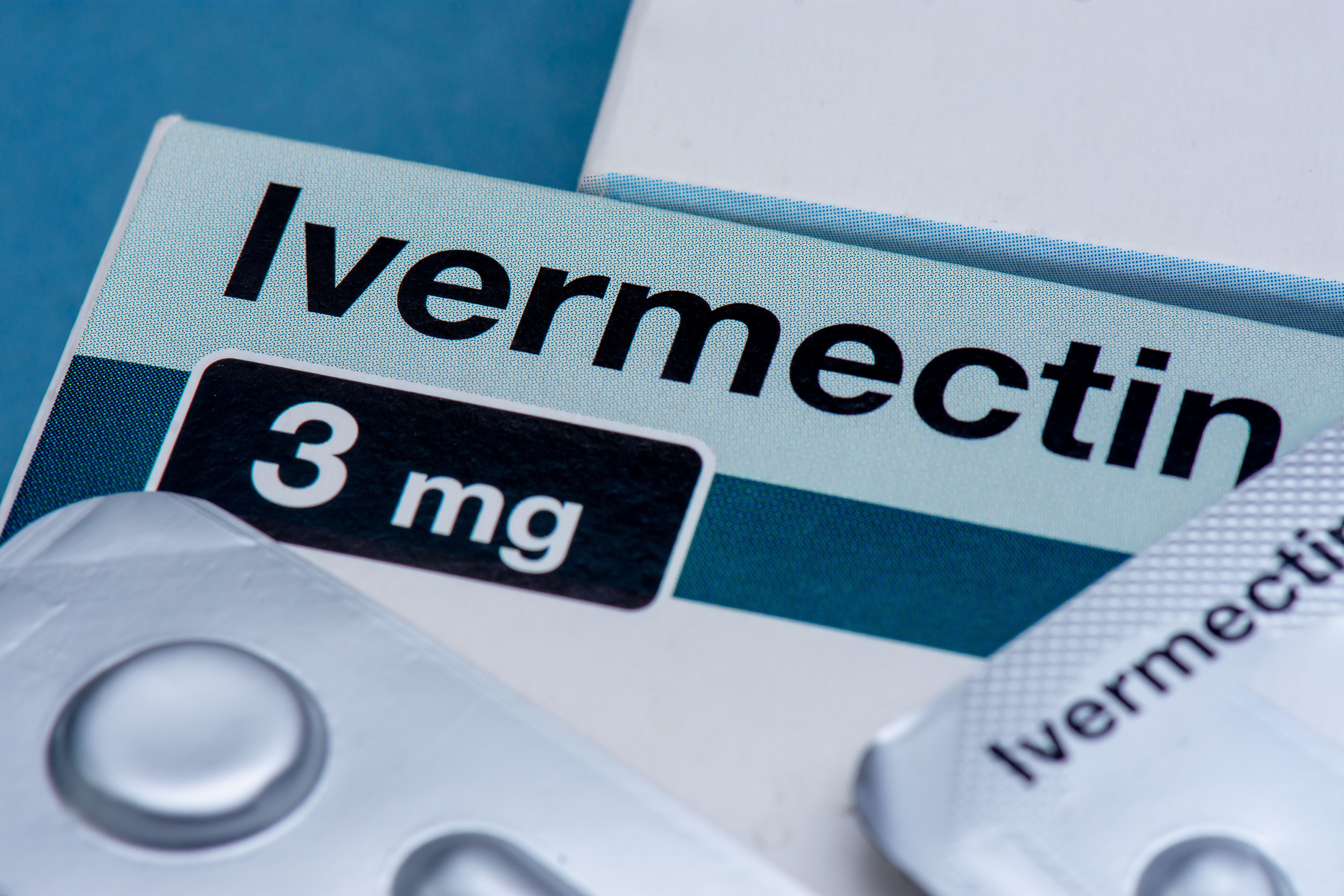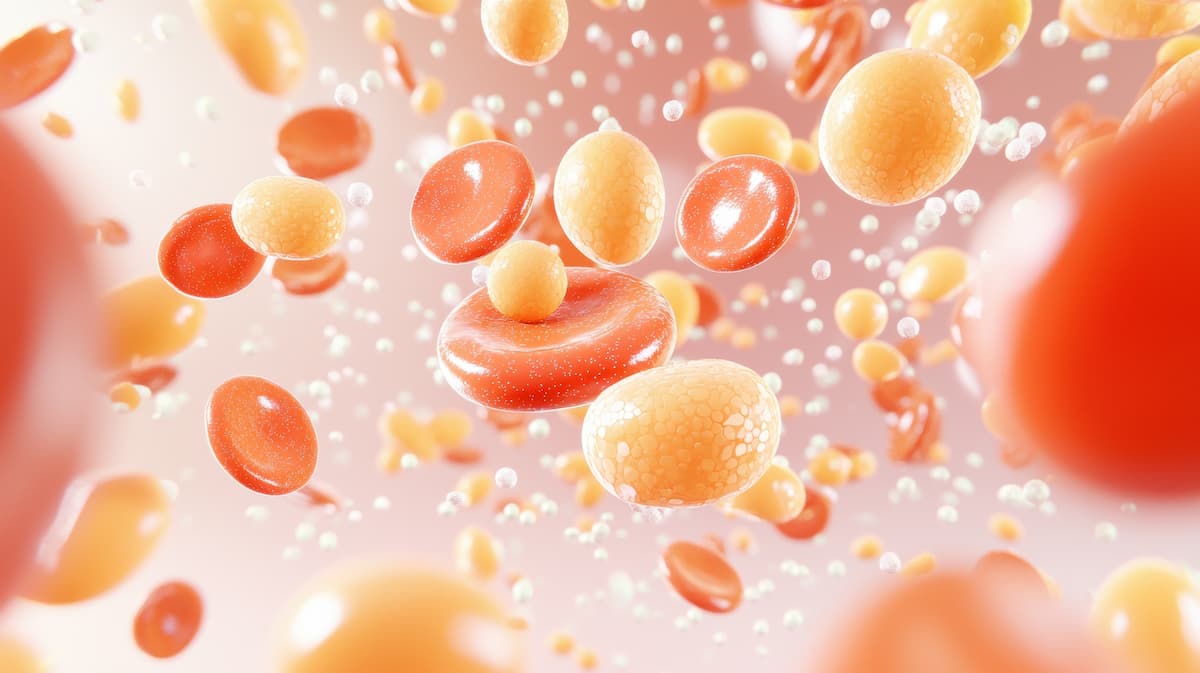Article
FDA Approves Updated Label for Bayer’s Finerenone to Include Cardiovascular Study
Author(s):
Modification is based on phase 3 FIGARO-DKD clinical trial investigating CV and kidney outcomes in more than 13,000 patients with CKD associated with type 2 diabetes.
The FDA has approved an update to the label for finerenone (Kerendia; Bayer) to include treatment of cardiovascular (CV) outcomes for those with chronic kidney disease (CKD) and type 2 diabetes (T2D).
The update comes from findings of the FIGARO-DKD (NCT02545049) study, which was a phase 3 CV outcomes trial, where investigators found that finerenone had CV benefits in individuals with CKD associated with T2D.
“The FIDELIO-DKD and FIGARO-DKD studies demonstrated [finerenone]’s dual cardiorenal risk reduction in patients with [CKD] associated with [T2D],” George Bakris, MD, professor at the University of Chicago Medicine, said in a statement. “This label update reaffirms [finerenone] as a fundamental pillar in the treatment algorithm to improve [CV] and renal outcomes in patients with [CKD] associated with [T2D].”
In July 2021, the FDA approved finerenone to reduce the risk of sustained eGFR decline, end-stage kidney disease, CV death, non-fatal myocardial infarction (MI), and hospitalization for heart failure (HF) in individuals with CKD associated T2D, based on results from the FIDELIO-DKD study.
In the FIGARO-DKD study, the findings showed that finerenone significantly reduced the risk of the primary composite endpoint of time to first occurrence of CV death, non-fatal MI, and hospitalization for HF by 13%. This was found over a median duration of 3.4 years when added to a maximum tolerated dose of an angiotensin-converting enzyme inhibitor (ACEi) or angiotensin receptor blocker (ARB) in adults with CKD associated with T2D.
Additionally, investigators found that the treatment effect was driven by a 29% reduction in hospitalization for HF and a 10% risk reduction in CV death.
“Our large body of clinical data demonstrates that [finerenone] preserves kidney function and provides dual cardiorenal risk reduction in patients [with T2D] with a broad range of [CKD] severity,” Sameer Bansilal, MD, MS, FACC, vice president of cardiovascular and US medical affairs at Bayer, said in the statement.
The most common adverse reactions reported for individuals on finerenone were hyperkalemia, hyponatremia, and hypotension.
Investigators also found that the risk of hyperkalemia increases with decreasing kidney function and in individuals with higher baseline potassium levels, as well as other risk factors for hyperkalemia.
The additional study findings have been added to the drug’s US label.
Finerenone blocks overactivation of the mineralocorticoid receptor (MR) in the kidney, heart, and blood vessels, which is thought to lead to fibrosis and inflammation. MR overactivation is an important consideration for physicians when evaluating the risk of CKD progression and CV events in individuals with CKD associated T2D.
The patient population in both trials was at risk of CKD progression, despite receiving the maximum tolerated dosage of ACEi or ARB and standard-of-care medications to control blood glucose levels and blood pressure, investigators said.
Both trials excluded individuals with known significant non-diabetic kidney disease.
Reference
Bayer’s Kerendia (finerenone) receives updated label to include findings from phase 3 FIGARO-DKD cardiovascular outcomes study in individuals with chronic kidney disease and type 2 diabetes. News release. Business Wire. September 1, 2022. Accessed September 7, 2022. https://www.businesswire.com/news/home/20220901005853/en
Newsletter
Stay informed on drug updates, treatment guidelines, and pharmacy practice trends—subscribe to Pharmacy Times for weekly clinical insights.

FDA Grants Full Approval to mRNA-1273 COVID-19 Vaccine in Children At Increased Risk





